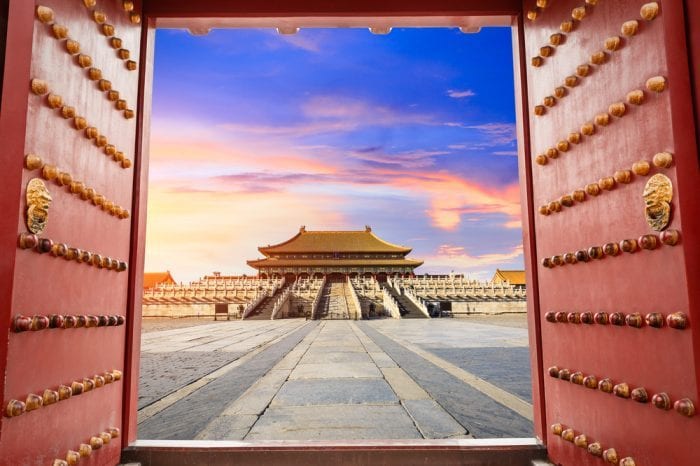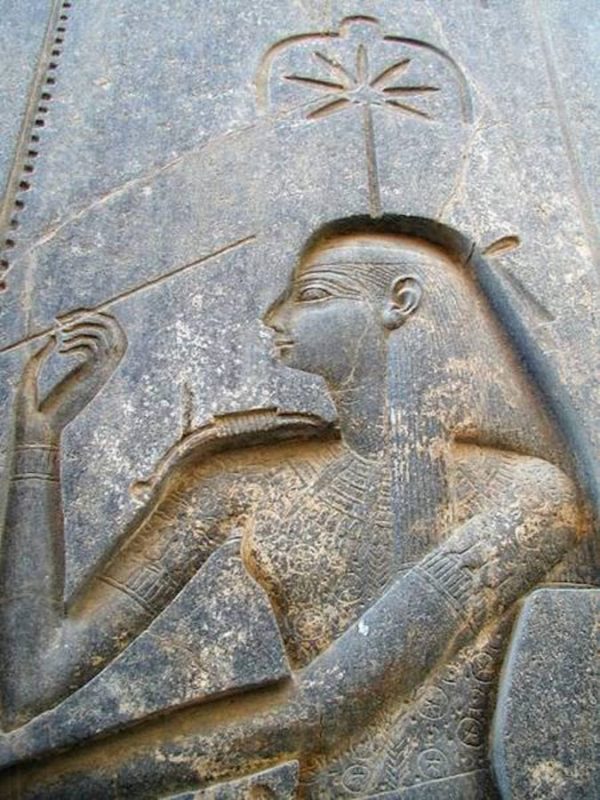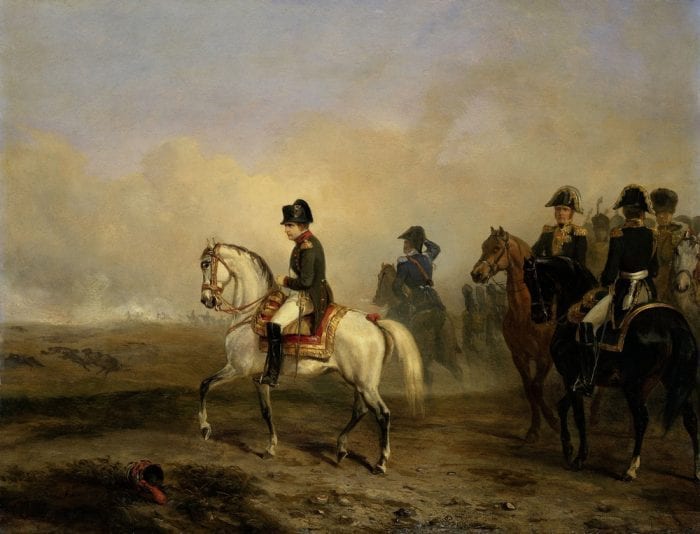There are scant authentic records of cannabis history, but these are some juicy ancient details we do know.
Cannabis has an important place in the history books. Reefer madness, however, would have many of us believe otherwise. Anti-cannabis advocates gave cannabis a debaucherous past culminating in a regrettable, yet necessary, war on drugs. Stigmatization has practically erased the true history of cannabis.
We love to look back at history and assume no one consumed cannabis prior to 1960’s America. Why is that? It’s partly because its consumption has been erased and negated by the stigmatization of today. It’s also because we never hear about the history of cannabis, with a pattern of only esoteric pieces looking at the history of the medicinal plant.
There are plenty of successful people throughout American history who have prospered with the consumption of cannabis. So, outside of the necessity to remove the stigma that still lingers, it’s also important to recognize that cannabis has been used for millennia as a medicine and a tool for an improved quality of life.

Uncovering the Hidden History of Cannabis
For example, a study that was published in the Journal of Experimental Botany (2008) by Russo et al. spoke about a tomb that was unearthed in China that dated back nearly 3,000 years. In the tomb was the body of an ancient shaman. What researchers also found was a perfectly preserved weed stash with the remains.
Most interestingly, the flowers seemed to suggest that the shaman was consuming them for its intoxicating properties. The Chinese made the entire batch of female flowers — the ones that are THC-heavy and responsible for the ‘high’ the plant creates. According to Russo et al., the shaman’s recreational consumption is the only explanation. The study “used additional botanical, phytochemical, and genetic investigations to demonstrate that this cannabis was psychoactive and probably cultivated for medicinal or divinatory purposes.”
If ancient shamans in China were consuming cannabis for spiritual, medicinal, or personal reasons, there’s no reason to assume that the same thing can’t be said for other, more ancient cultures.

Cannabis Consumption in Ancient Egypt
For example, there is some evidence that several of the Egyptian gods were avid cannabis consumers. The most prominent of those gods is Seshata.
Seshata is the goddess of writing, wisdom, and knowledge. She was also a renowned scribe and surveyor, as well as a mistress of astrology, astronomy, and architecture. Funnily enough, we still associate many of these professions with cannabis consumption. Additionally, depictions of Seshata often include what looks like a cannabis leaf above her head. The leaf is usually on top of a stem that protrudes from her head in these images. However, some say it’s a seven-point star or a lotus flower. They say that assuming it’s a cannabis leaf confirms bias, but there’s no denying that it certainly resembles the plant.
Those who immediately deny it’s a cannabis flower are often those who would rather not associate these gods with the medicinal plant. Unfortunately, it’s incredibly difficult to decipher if it is indeed a cannabis flower. If it is, it’s a clear indication that Ancient Egyptians consumed cannabis and that this consumption was in no way secretive but instead celebrated.

Image credit: Ancient History Encyclopaedia
Napoleon, Cannabis, and Hash in Egyptian Culture
Since Ancient Egyptians may have been engaging with the cannabis plant for more than textiles and rope, it should perhaps come as no surprise that cannabis consumption was widely prevalent in Egypt when Napoleon invaded the country in the late eighteenth Century. According to a piece that appeared in the Economist one of his officers wrote at the time that half of the Egyptian men were in a “perpetual state of stupor” due to their consumption of hash. This account makes sense as northern Africa still produces a lot of hashish to this day. Morocco being one of the main producers.

The same article explains how Napoleon’s soldiers made hash their drug of choice since alcohol was nearly impossible to find. Apparently, the French began to outlaw hashish, as well, but the soldiers disregarded the orders. When they left Egypt a few years later, they took substantial quantities of the hash back home with them.
If you’ve ever been to France, that shouldn’t surprise you.





